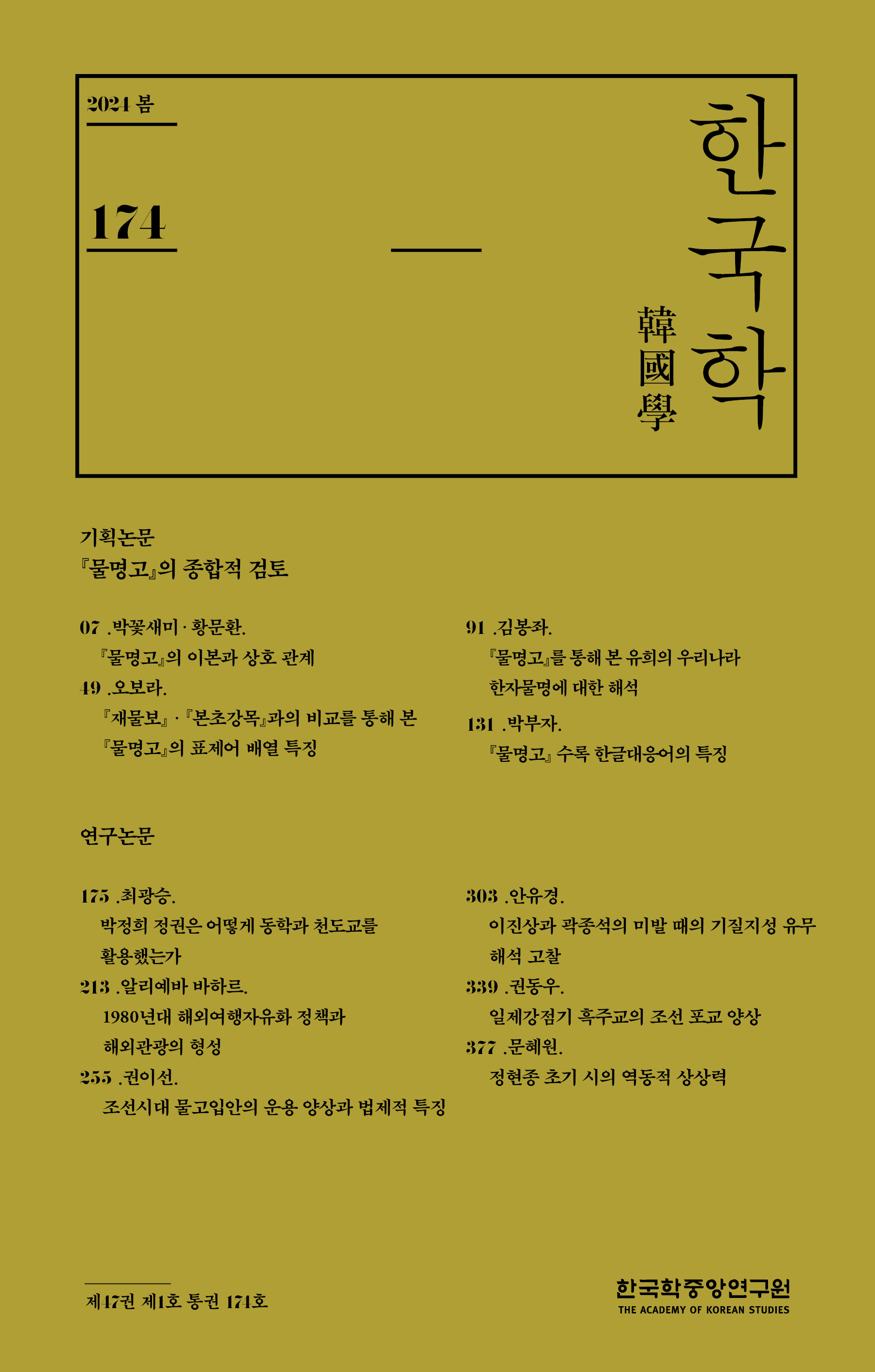
- P-ISSN 2671-8197
- E-ISSN 2733-936X
.jpg)
This article examines the modern significance of the Silk Letter, written by Hwang Sayŏng during the Sinyu Persecution, which occurred during the Joseon Dynasty. The Silk Letter was a plea to the bishop in China to protect the freedom of faith and lives of the faithful, during a time when the early Catholic community in the Joseon Dynasty was collapsing owing to government persecution. It embodies a modern individual consciousness that traverses the boundaries of state and into the experience of religious confrontation between the state and the individual, namely, an individual’s will to ensure the church’s survival and freedom of missionary work. It also contains a new discourse that challenged Confucianism, arising from the experiences of the other in late Joseon society. The concept of the citizen in modern society carries universal values for human beings. Preserving these universal values requires an awareness of human dignity as unique individuals, as well as solidarity and political participation. Through this article, we explore the potential of democratic citizenship, such as the universal awareness of human dignity, the discovery of unique individuals independent of the national community, and the pursuit of global solidarity to protect the universal rights of individuals, present in the Silk Letter.